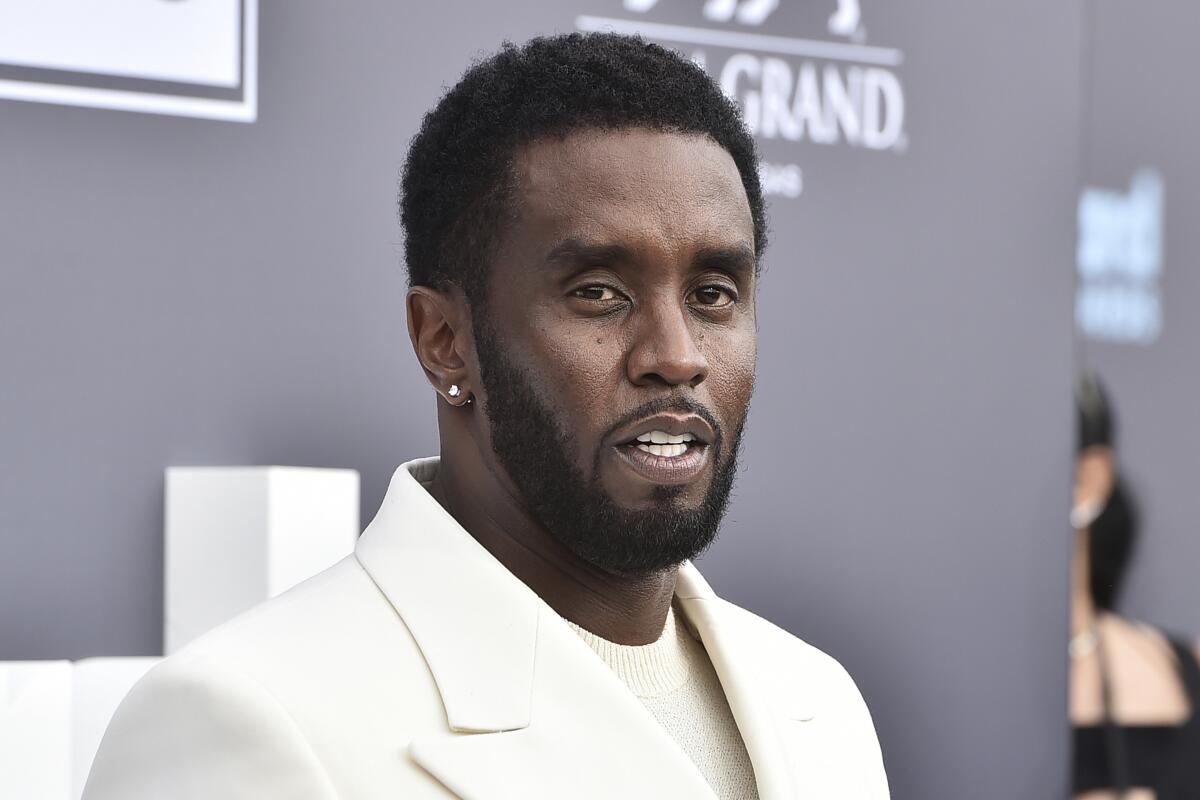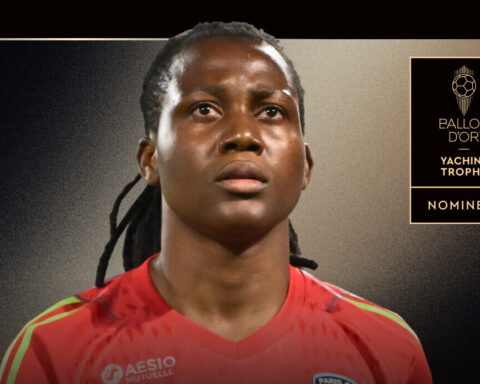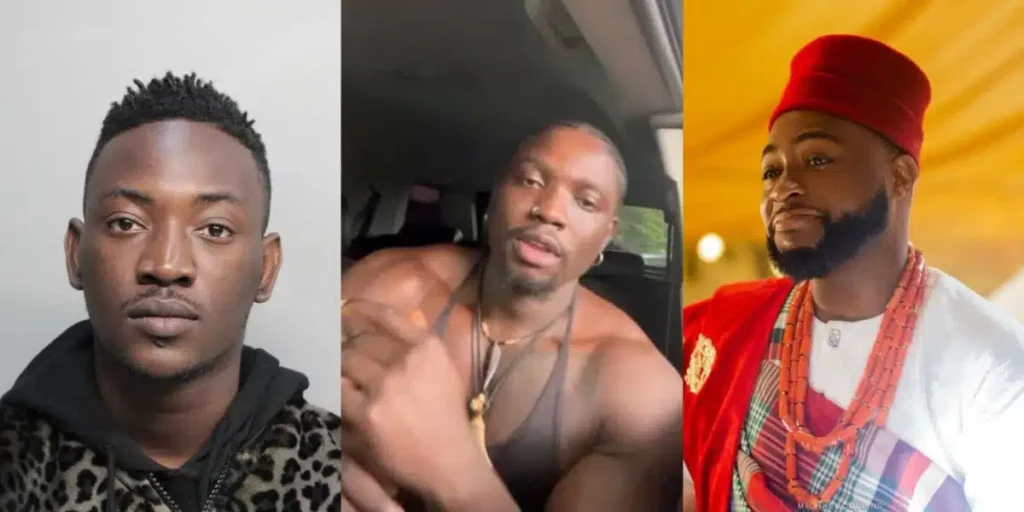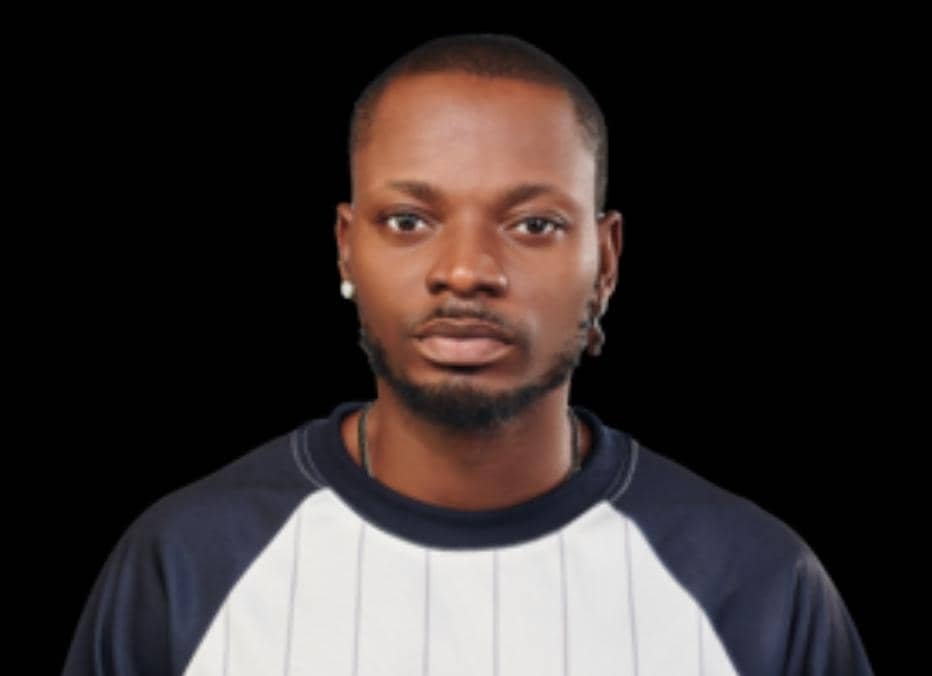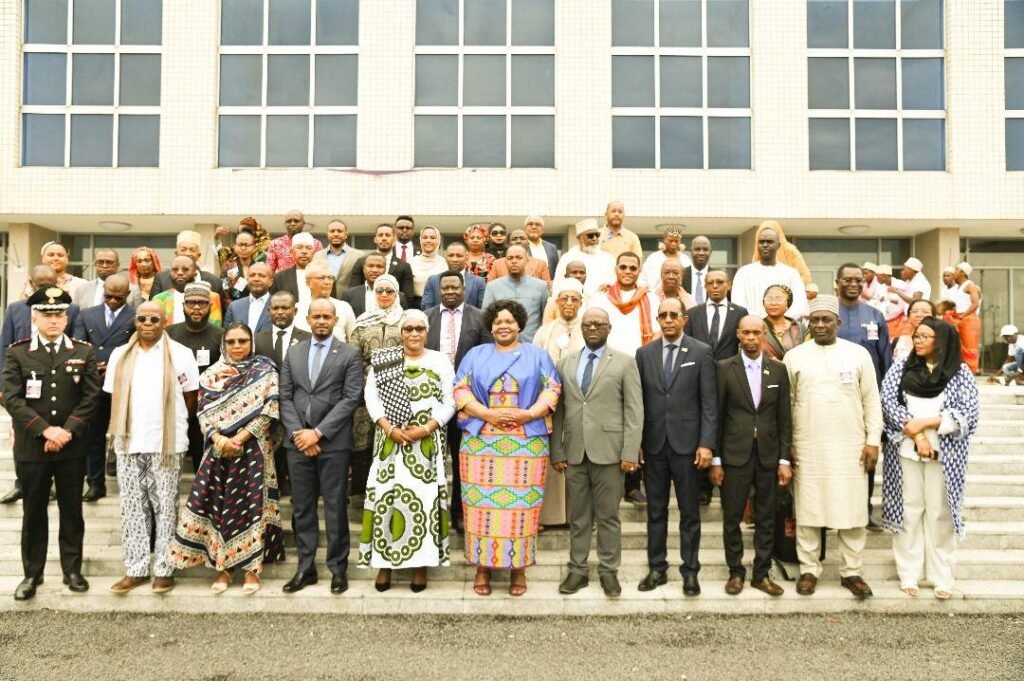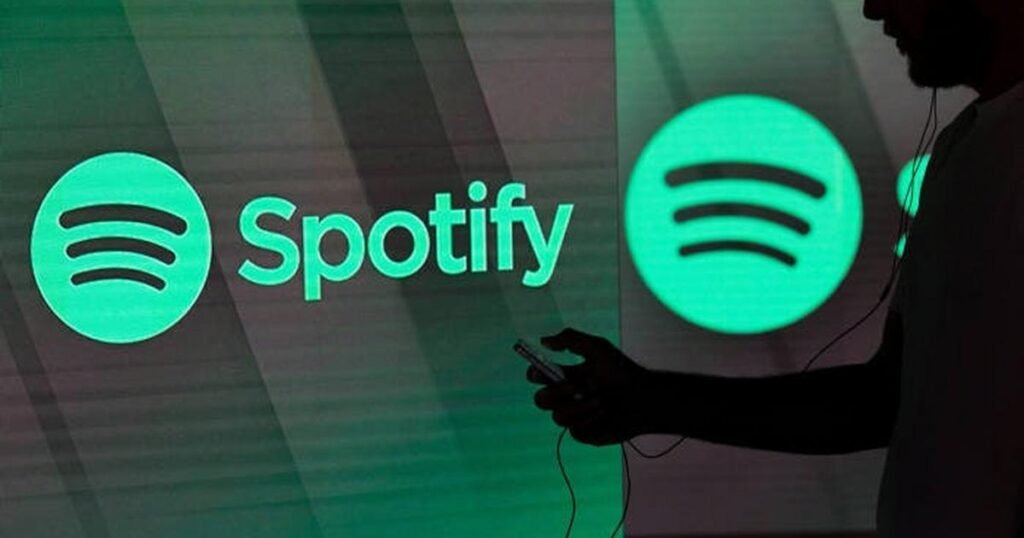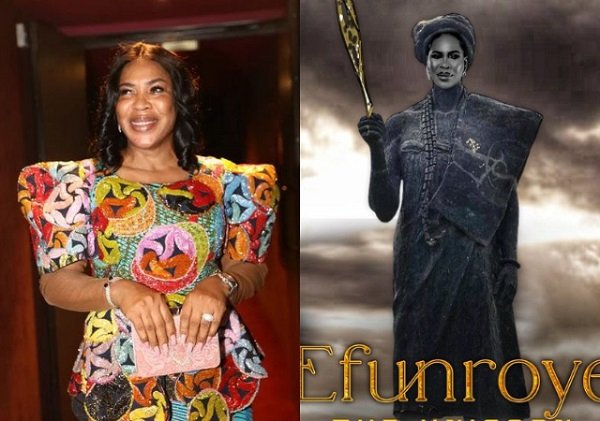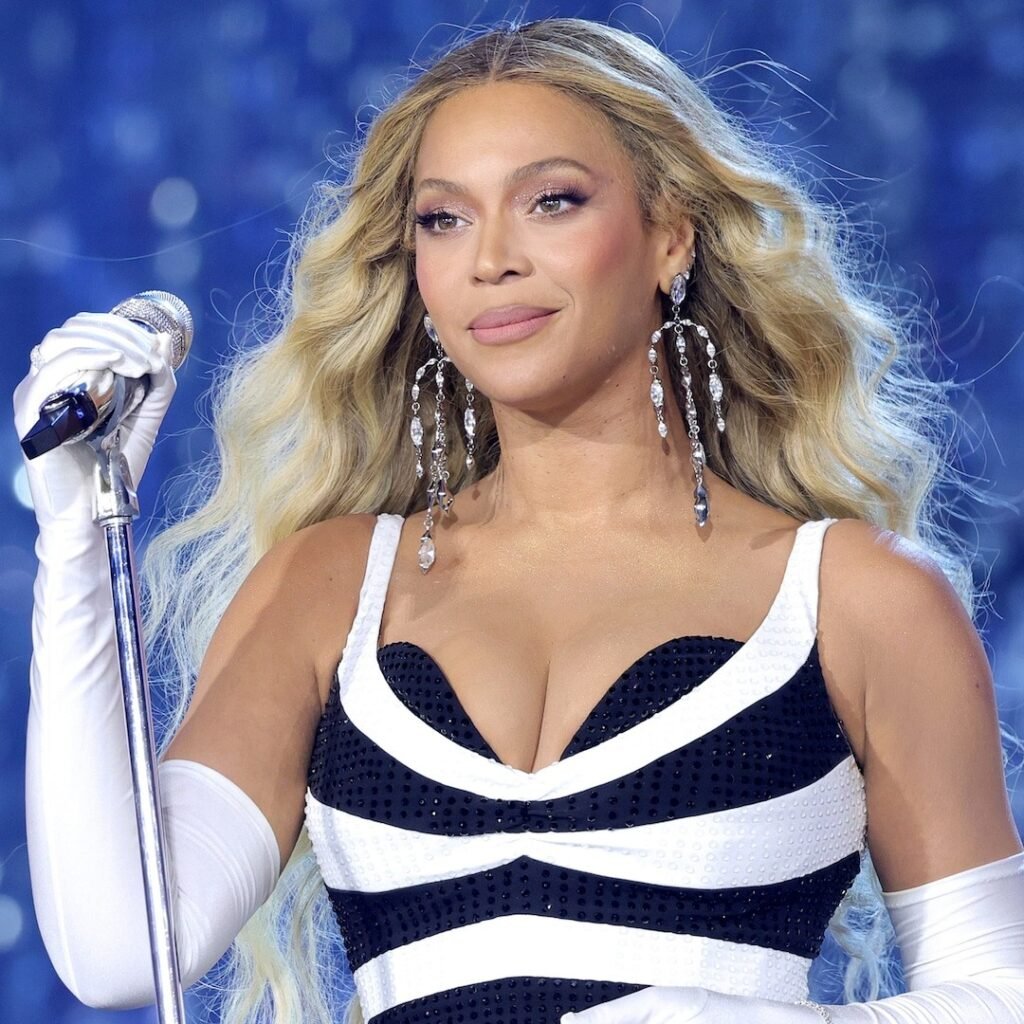The news that Sean “Diddy” Combs’ legal team is seeking a presidential pardon has ignited intense public backlash, and rightly so. The rapper was recently convicted on two federal counts of transporting individuals across state lines for the purpose of prostitution, crimes that carry up to 10 years in prison each. Now, his lawyers are turning to President Donald Trump in hopes of securing mercy. But this request raises a critical question: Should fame and fortune be allowed to erase serious criminal convictions?
Presidential pardons are instruments of mercy, not shields for the powerful. The U.S. Constitution gives the president the authority to grant pardon in cases where justice may have not been served properly or where circumstances warrant compassion. But using it to celebrities convicted of serious offenses will undermine both the spirit and function of the pardon power.
Diddy was found guilty under the Mann Act, a law historically used to fight against sex trafficking and exploitation. While portions of the case remain sealed, the charges point to something far more troubling than consensual misconduct. They indicate a pattern of manipulation and abuse. Diddy has been repeatedly accused of violence, sexual assault, and coercion. The weight of these allegations cannot simply be brushed aside.
This is not the first time a high-profile figure has sought a presidential pardon. Figures like former Illinois governor Rod Blagojevich and Netflix’s “Tiger King” Joe Exotic also sought pardon under Trump’s administration. In most cases, these attempts expose a disturbing trend: the misuse of presidential mercy to reward the influential while everyday citizens face the full weight of the law.
A pardon for Diddy would be a devastating blow to public confidence in the justice system. It would send the message that accountability is optional for the elite that a well-connected celebrity can circumvent due process while ordinary people serve time for lesser offenses.
In a recent Newsmax interview, Trump indicated he is unlikely to grant the request, saying, “I would say so, yeah,” when asked whether he would deny pardon for Diddy. In this rare instance, Trump’s response aligns with principle over political convenience. It’s the right decision to one that upholds the rule of law rather than bending it for entertainment royalty.
To pardon Diddy now would not be an act of justice, but of injustice. It would insult survivors of abuse and exploitation, and it would further erode trust in institutions already strained by inequality and favoritism.
